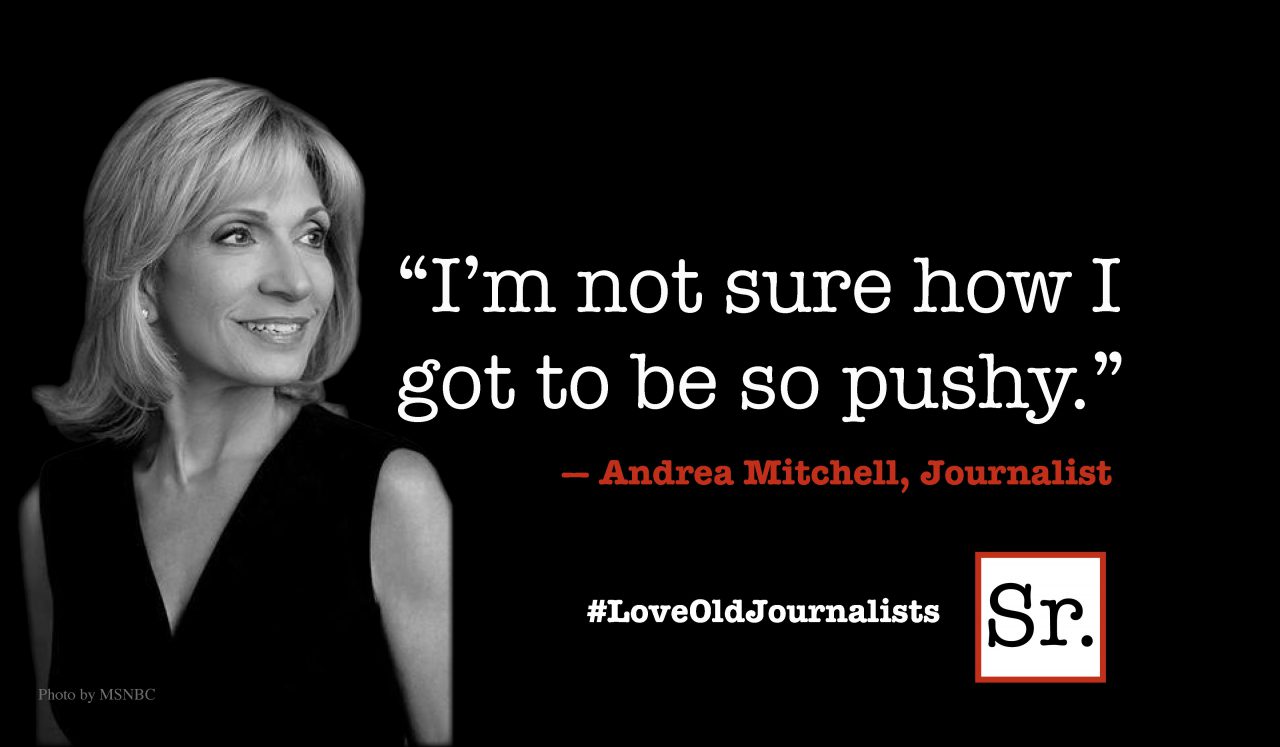“Everyone is entitled to his own opinion, but not to his own facts.”
Not so long ago, few would have challenged the validity of that assertion, by the late Patrick Daniel Moynihan, a widely-respected Democratic senator. But judging from the 2012 election campaign, the candidates and their followers feel entitled to their own facts — facts to fit opinions.
Both President Barack Obama and his Republican challenger Mitt Romney have approved campaign ads that distorted or misrepresented each other’s positions on a host of issues, from taxation and health care to social security and abortion. The ads and the candidates’ first television debates triggered an avalanche of corrections from fact-checking organizations.
They include FactCheck.org and PolitiFact.com, which is run by the Tampa Bay Times and won a Pulitzer Prize for its work on the 2008 elections. In addition, there is a growing number of traditional media organizations, among them the Associated Press, the New York Times and the Washington Post, that assign journalists full-time to ferret out the distortions and outright lies of campaigning politicians.
That has done little to increase the truth content of adversarial ads. “We are not going to let our campaign be dictated by fact checkers,” Neil Newhouse, a senior Romney campaign aide, said at a panel discussion during the Republican National Convention in August. Translation: We have our own facts. It’s clearly an attitude shared by Newhouse’s counterparts in the Obama campaign.
Which raises a question: how much do voters care about how far candidates stray from truth? Not much, if an essay on truth in campaigning in Time magazine is correct. “Voters show less and less interest in punishing those who deceive. The reasons may be found in the political fracturing of the nation. As some voters feel a deeper affinity for one side or another … they have developed a tendency to forgive the home team’s fibs.”
That tendency has been reinforced, rather than slowed, by the vast amount of information available on any conceivable subject. For anyone with a computer and an Internet connection, it takes only a few keystrokes to get informed about both sides of a debate or about the veracity, or otherwise, of a claim made by a politician. Participants in social networks often pick holes in politicians’ statements before experts and the traditional media.
During the Obama-Romney debate and the debate between the vice-presidential candidates, Joseph Biden and Paul Ryan, Twitter was alive with 140-character bursts of comment, some of it incisive, on truth-bending statements by the candidates. Not to be outdone, major newspapers now run fact checks online while debates are in progress.
Mark Twain’s comment that “a lie can travel halfway round the world while the truth is putting on its shoes” has been overtaken by the Internet.
But the fact that there are now speedy correctives doesn’t necessarily make much difference. Many voters live in partisan information bubbles and simply block out information that does not fit their opinion.
In the words of Frank Luntz, a Republican pollster, “we don’t collect news to inform us. We collect news to affirm us.” In other words: It’s easy to find facts to fit your opinion. And there are cases where opinion compels people to create their own “facts.”
Take the case of a poll conducted among Republicans in Ohio in August. Fifteen percent of those polled said Mitt Romney deserved more credit for the killing of Osama bin Laden than President Obama, who ordered the SEAL team raid into Pakistan that brought the al Qaeda leader’s long terrorist career to an end.
Such puzzling beliefs fall under the rubric Low Information Voters, or LIVs, a term used by pollsters and political scientists for people who pay little attention to factual information. LIVs tend to be swing voters, the part of the electorate that might decide who wins on Nov. 6.








